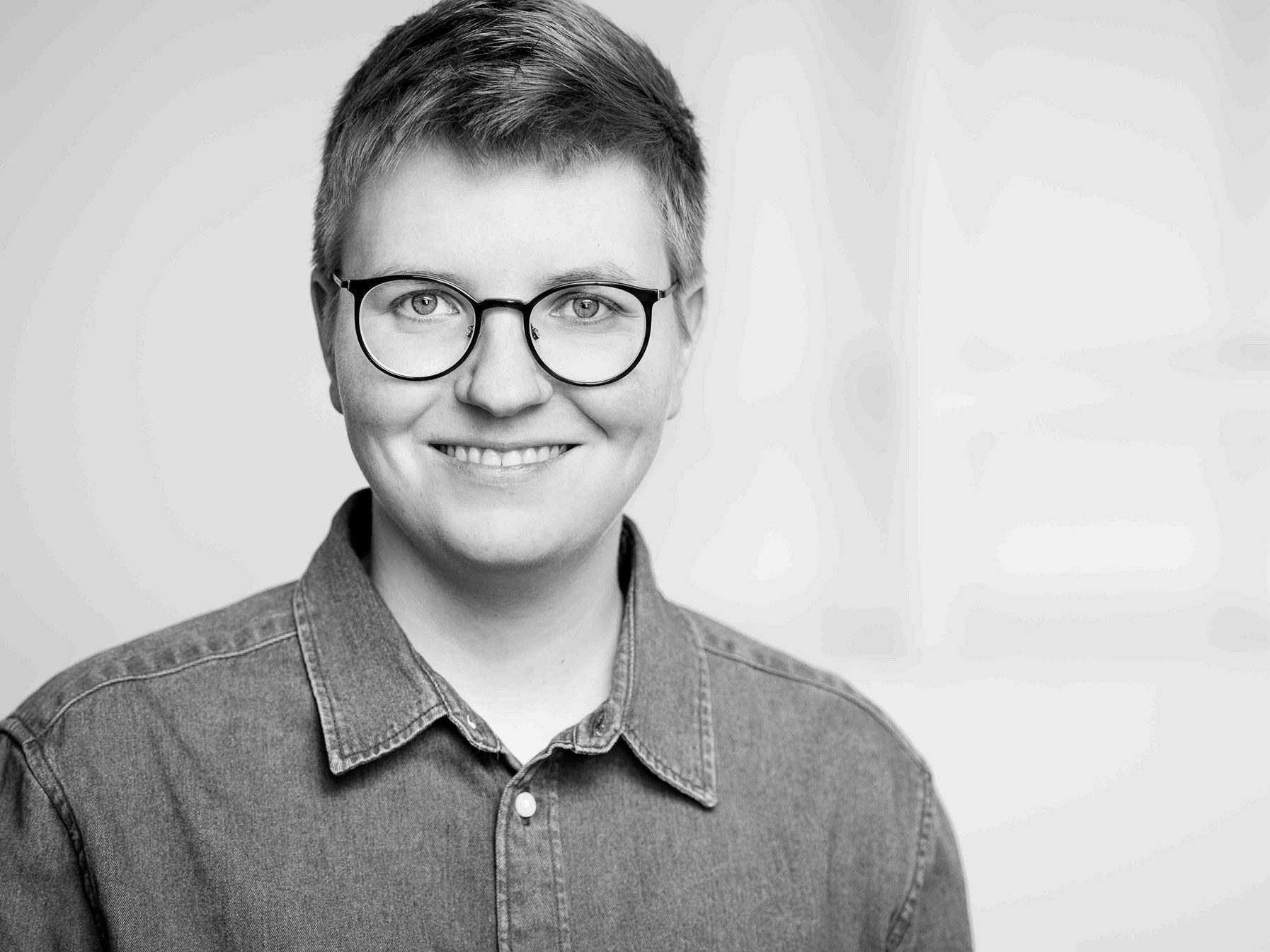Francis Seeck
Classism is a form of discrimination based on class origin or class status. It is aimed at people from poverty or the working class, including those with low income, the unemployed, people experiencing homelessness, and the children of blue-collar workers. Classism affects life expectancy and limits people’s access to living space, educational attainment, healthcare, power, participation, recognition and respect, and money.
Amid the coronavirus pandemic, the effects of social class have become abundantly clear. Unhoused people, low-income people, and people with precarious work have been especially hard hit by this crisis, including in terms of their health (Seeck/Theissl 2020). People at a socioeconomic disadvantage are at higher risk of hospital admission due to COVID-19, as an analysis by the Düsseldorf Univesrity Hospital and health insurer AOK showed (Delfs/Kooroshy 2020).
The coronavirus pandemic shines a bright light on these social differences. Unemployment and precarious employment are on the rise. Some people are safe at home in relative comfort, while others have to keep working for their low wage, exposing themselves to the virus all the while. Some can stay home in comfortable houses, while others are crammed into tiny apartments or have no home at all to keep them safe.
But life in the pandemic is also just another variation on everyday life for low-income people: “They’re used to sitting isolated in their apartments and being excluded from the life of society. Going out always means having to spend money they don’t have.” (Seeck 2020)
The long-term effects of the pandemic have not yet become clear. Although the realities of life for meatpacking workers, seasonal agricultural workers, and nursing home residents have become more visible, it will take huge collective efforts to fight the redistribution of wealth from the bottom up and secure living conditions that allow everyone to live in dignity (Seeck/Theissl 2020).
Further readings:
Delfs, Stefanie & Kooroshy, Kaveh (2020). “Wissenschaftliche Analyse. Corona trifft sozial Benachteiligte härter.” Accessed on June 20, 2020, at www.tagesschau.de/inland/corona-sozialschwache-101.html.
Seeck, Anne (2020). “Von Umverteilung ist kaum etwas zu hören.” In: Francis Seeck & Brigitte Theissl (Ed.), Solidarisch gegen Klassismus. Organisieren, intervenieren, umverteilen. Münster: Unrast.
Seeck, Francis & Theissl, Brigitte (2020). Solidarisch gegen Klassismus. Organisieren, intervenieren, umverteilen. Münster: Unrast.

Francis Seeck is a scholar of gender studies and cultural anthropology and works on the topics of classism, care work, and gender diversity. Seeck is currently deputy professor of social work studies at Hochschule Neubrandenburg University of Applied Sciences. The collection titled Solidarisch gegen Klassismus. Organisieren, intervenieren, umverteilen, edited by Seeck and Brigitte Theissl, was published by Unrast in 2020.